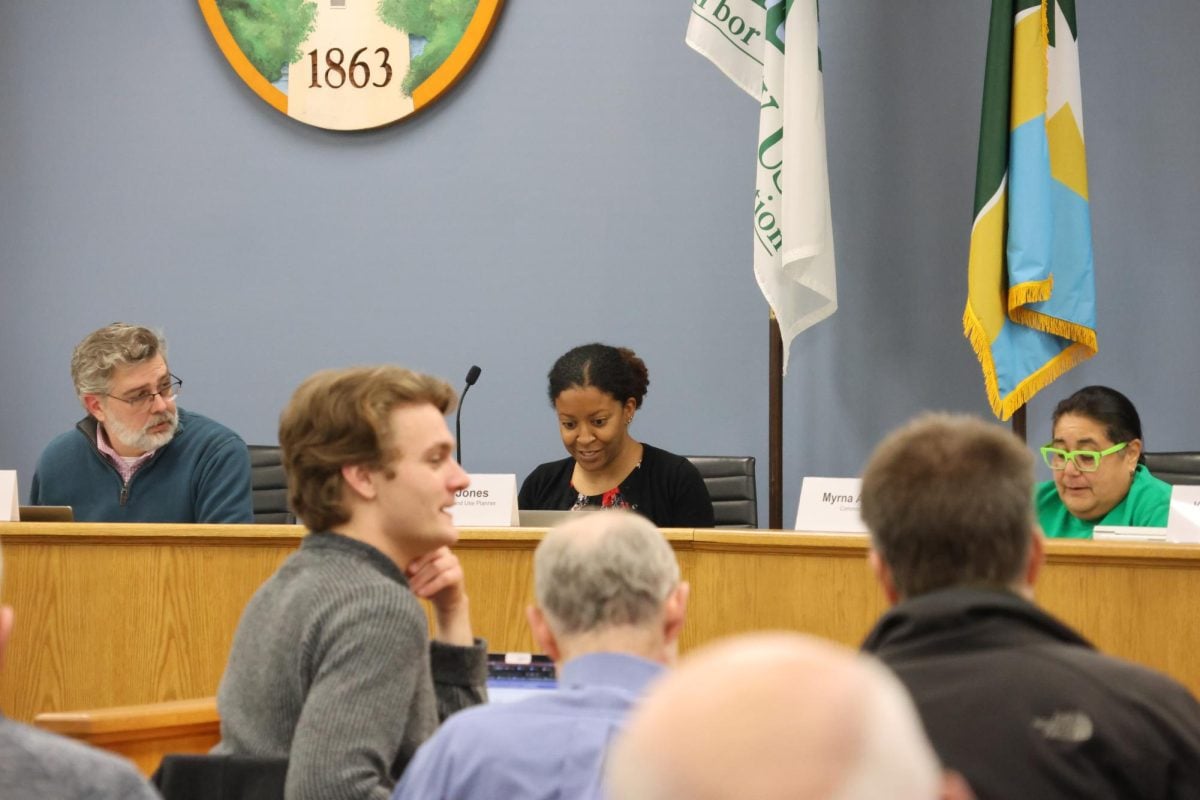At Kamaroo Farms, families can enjoy petting and bottle-feeding baby kangaroos. But this family farm is not in Australia, the furry marsupials’ native home — it’s located in southern Illinois.
“People see them, and their eyes light up,” Kamaroo Farms co-owner Tammy Herren said. “Where are you going to go feed a kangaroo? Not even a zoo is going to let you do that.”
But Illinois may soon be “hop-less” for some kangaroo owners. The Illinois House of Representatives passed a bill banning the ownership of certain “dangerous animals,” including kangaroos, servals and wallabies on April 18.
The legislation, filed by State Rep. Daniel Didech (D-Buffalo Grove), outlines exceptions to the ban for veterinary hospitals, film production companies and federally licensed facilities, which includes Kamaroo Farms.
If the bill passes the Illinois Senate and is signed by Gov. J.B. Pritzker, unlicensed owners’ can be held financially liable, and their noncompliant animals will be confiscated.
Didech introduced the bill after the November escape of an African serval cat in suburban Vernon Hills. While the serval did not cause any injuries, Vernon Hills Deputy Police Chief Shannon Holubetz said he was surprised it was legal for potentially dangerous animals to live in suburban communities.
“This is all in the interest of public safety,” Holubetz said. “Our concern is that we would have an interaction with an unsuspecting person or someone’s domestic animal that is adverse because of the nature of the animal.”
Vernon Hills passed an ordinance banning similar dangerous animals in January, but kangaroos weren’t explicitly included. Holubetz said the department focused on potentially vicious attributes of the animals that could be “harmful to humans, domestic animals and property,” rather than the specific species.
The state government of Queensland, Australia, says kangaroos are typically calm, especially at a distance. However, its website describes kangaroos as “aggressive” when they perceive a threat, and it advises against owning them as pets.
Kangaroo owners, however, insist their animals do not pose a threat to public safety when properly cared for.
Alan Blumhorst owns Rainbow Ranch Petting Zoo, a 174-year-old family-owned farm in Nashville, Illinois. He said his kangaroos are affectionate, not dangerous.
“The male kangaroos can be aggressive in the wild, and in captivity, if you have a breeder male, he’ll protect his females,” Blumhorst said. “But when zoos and people have the neutered males and the hand-raised females, they’re big sweethearts.”
One of Blumhorst’s friends, who is not federally licensed, was distressed that he might lose his baby kangaroos, Blumhorst added.
Exotic pet ownership has been on the rise in recent years. In 2016, more than an eighth of U.S. households were estimated to own exotic pets, a 25.5% increase from 2011, according to data from the American Veterinary Medical Association.
However, 20 states have “comprehensive bans” on exotic pet ownership, according to Michigan State University’s Animal Legal & Historical Center.
Illinois’ proposed ban was also sponsored by State Sen. Adriane Johnson (D-Buffalo Grove). She urged unlicensed kangaroo owners to obtain a permit so they can keep their furry friends.
“If you’re going to raise the kangaroos, you should take the next step to be a federally licensed facility to have protection,” Johnson said.
Because they’re wild animals, kangaroos’ and servals’ unpredictable behavior makes them potentially dangerous, Johnson added.
The ban faced stiff opposition from Republicans, who criticized it for being less important than other legislation. It passed the state House with a 67-34-3 vote. Johnson said the bill has not yet been assigned to a Senate committee.
Debbie Leahy, senior strategist for captive wildlife protection at the Humane Society of the United States, said she has observed an increase in kangaroo ownership in the U.S.
“We always encourage people to stick with traditional domestic animals as pets,” Leahy said.
She said kangaroos can cause serious injuries to people.
Dr. Alice Blue-McLendon, director of the Winnie Carter Wildlife Center at Texas A&M University, has experience treating kangaroos. She said while male kangaroos can be dangerous, female kangaroos are “easy to get along with” and should not be banned.
“They should not be banned overall, but I think municipalities should be able to pass ordinances,” Blue-McLendon said.
Herren said kangaroos are not dangerous in captivity. Owning nine kangaroos at her farm in Kampsville, Illinois, she said male kangaroos can be dangerous, especially during breeding season, but she maintains precautions to keep her visitors safe.
“We don’t need the government to come in and tell us that this is a dangerous animal,” she said. “It’s not a lion. It’s not a bear. It’s a kangaroo — sweet, adorable, cuddly.”
Email: [email protected]
X: @IsaiahStei27
Related Stories:
— State senate passes bill requiring annual safety reports from state transportation agencies
— State house passes bill to form new agency for all early childhood programs
— New Illinois law prohibits political parties from adding candidates to November ballot


















